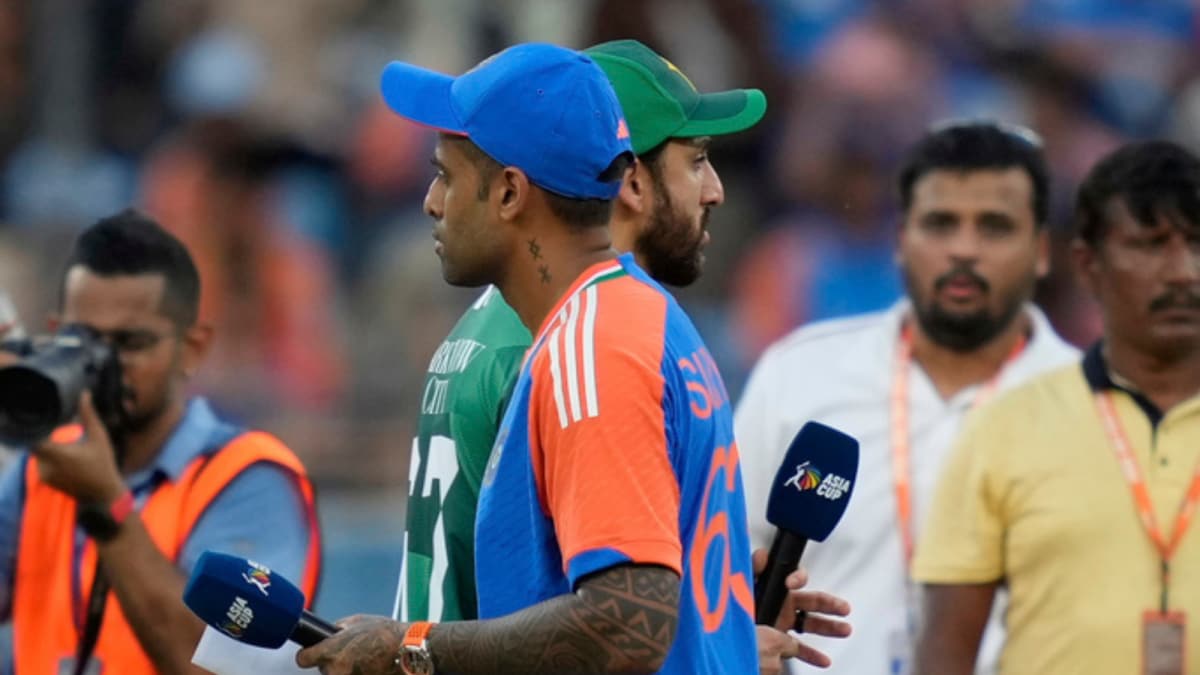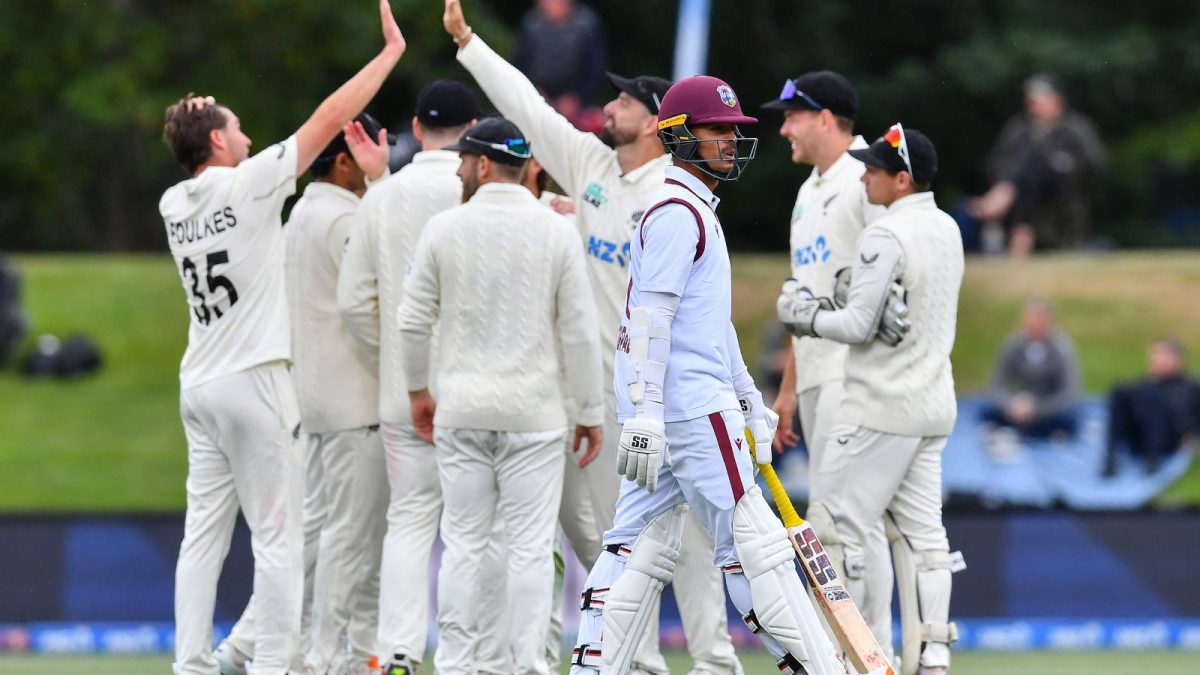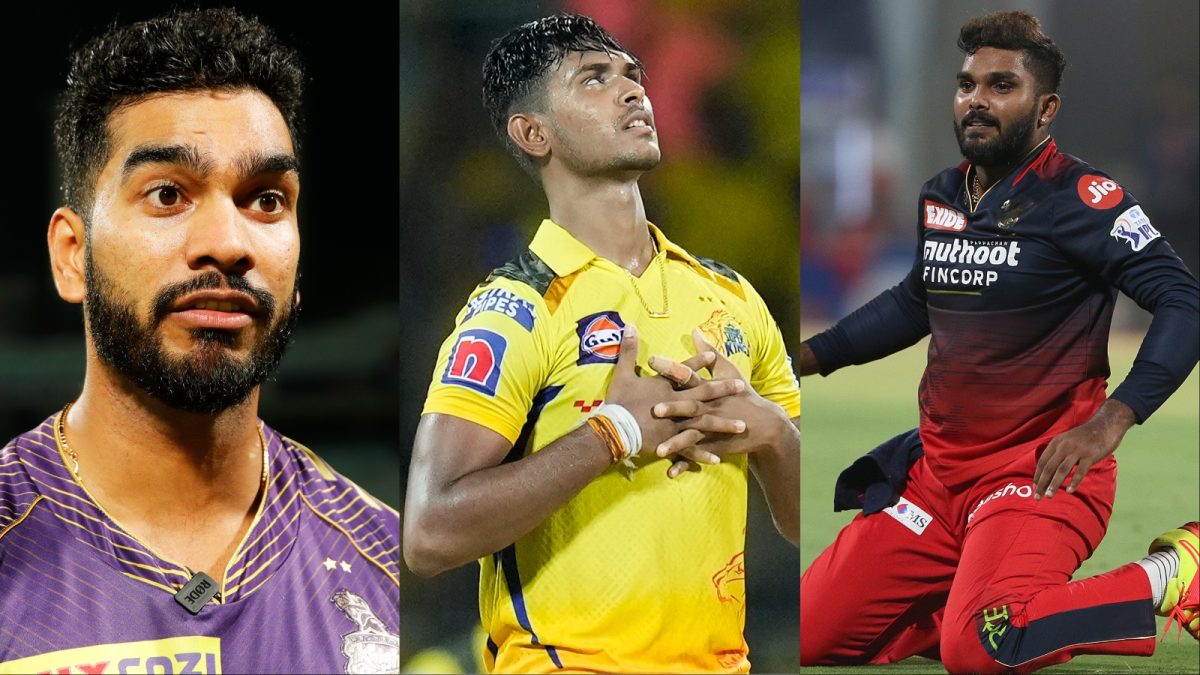Last Updated:
Team India, led by Gautam Gambhir, refused handshakes with Pakistan at the Asia Cup, sparking controversy amid ongoing India-Pakistan tensions.

Asia Cup 2025: India skipper Suryakumar Yadav and Pakistan’s captain Salman Agha after the toss (AP)
The Indian players’ refusal to exchange handshakes with their Pakistani counterparts after an Asia Cup clash here escalated into a significant controversy.
Both teams avoided any interaction during the customary warm-up and also at the toss, where the rival captains handed over their respective team sheets to Pycroft.
Team India Head Coach Gautam Gambhir and senior players unanimously decided not to shake hands at any point during the match. This decision was not made spontaneously but after thorough deliberation and was eventually approved by senior members of the BCCI.
It is understood that the ‘no handshake’ policy will be maintained throughout the Asia Cup if the teams meet again in a Super Four clash next Sunday and potentially in the final on September 28.
“Look, if you read the rule book, there is no specification about shaking hands with the opposition. It is a goodwill gesture and a sort of convention not law that is followed globally across the sporting spectrum,” a senior BCCI official told PTI on conditions of anonymity.
“If there is no law, then the Indian cricket team is not bound to shake hands with an opposition with whom there is a history of strained relationship,” he added.
What Is The History Of Not Shaking Hands In International Sports?
Historically, not shaking hands for political reasons is not new in international sports.
In a women’s singles match at the 2023 Wimbledon, Ukrainian Elina Svitolina didn’t shake hands with Belarus’s Victoria Azarenka after winning her match. Svitolina had made it clear that she wouldn’t shake hands with any player from Russia or Belarus since the two countries attacked her nation.
The Wimbledon authorities didn’t penalise Svitolina and Azarenka for not upholding sportsmanship.
Geopolitical tensions sometimes affect sporting rivalries but do not hinder regular niceties. For instance, the USA and Iran, who have been diplomatically at war, shook hands during their football World Cup games despite the political climate.
While there has been severe criticism on playing Pakistan, it must be noted that the Indian government has made a policy allowing Indo-Pak cricket matches at multi-nation events.
There is a fundamental reason for this.
Cricket has now officially entered the Olympic Programme for the Los Angeles Games in 2028, and India aims to host the 2030 Commonwealth Games and the 2036 Olympic Games in Ahmedabad. If one wants to host events of such magnitude, not playing Pakistan at multi-nation events – global or continental – would present very poor optics for the International Olympic Committee and could severely harm India’s chances of hosting these events.
Thus, cricket matches at the Asia Cup and World Cup will continue, but camaraderie has ended for the foreseeable future.
(With inputs from PTI)

Ritayan Basu, Senior Sub-Editor, Sports at News18.com. Has been covering domestic and and international football for nearly a decade. Has played and covered badminton. Ocassionally writes cricket content, havin…Read More
Ritayan Basu, Senior Sub-Editor, Sports at News18.com. Has been covering domestic and and international football for nearly a decade. Has played and covered badminton. Ocassionally writes cricket content, havin… Read More
September 15, 2025, 23:09 IST
Read More







